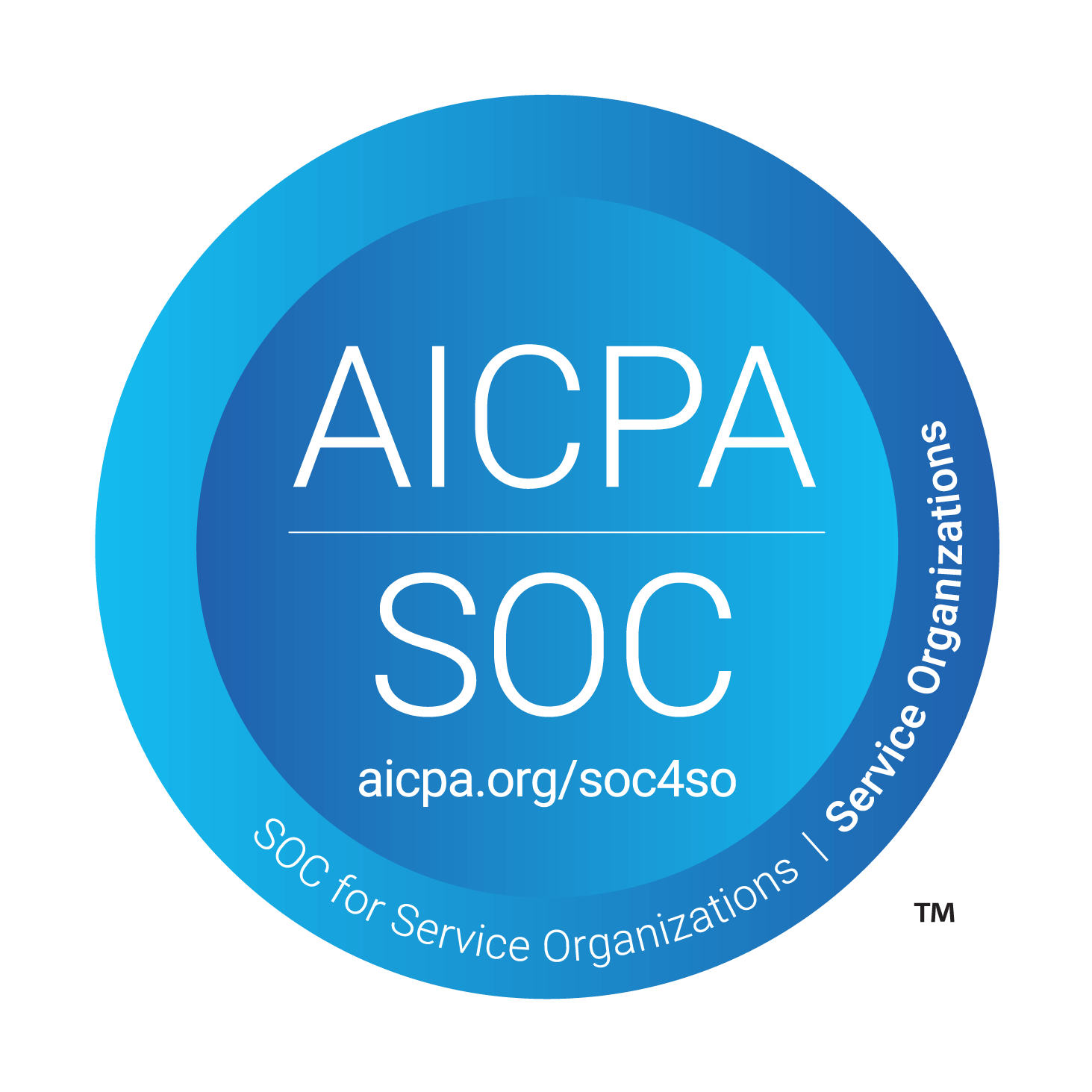Back
Secure Cloud Sharing
6 Ways to Ensure Secure File Sharing for Your Business | FenixPyre Copy
Written by
Emre Koksal
Published On
Oct 14, 2024



Even though breaches are happening more frequently now, it is clear that businesses are still not adequately prepared for them. It is crucial to have secure file sharing for business documents, customer information, and SaaS data. Businesses have adopted products like Box and Sharepoint, for example, for the incredible ease of access and workflow. Ensuring data files are secure no matter how they are shared internally and externally is an important consideration for keeping your critical assets safe and covering compliance requirements. But when you need to share these valuable resources with others, especially when utilizing cloud or hybrid cloud, how can you do so without compromising your organization’s security?
Table of Contents
6 Recommended Ways to Share Your Files Securely
Encrypt a File
Use a Password Manager & Enable 2FA
Adopt an Integrated File-Sharing Software
Opt for a Robust and Simple File-Sharing System
Adopt Secure Cloud Services
Use End-to-End Encryption
File Encryption Software and How it Protects Sensitive Data?
Working With Encryption Software
What Types of Businesses Can Benefit from File Encryption?
Most Popular Types of File Encryption to Share Data
Advanced Encryption Standard (AES)
Triple DES (Data Encryption Standard)
Rivest-Shamir-Adleman (RSA)
Twofish
How Secure File Encryption Can Save You from Costly Consequences?
Save You from Regulatory Fines
Increase Consumer Trust
Promotes Data Integrity
Find Out How to Share Your Files Securely with FenixPyre
6 Recommended Ways to Share Your Files Securely in the Cloud
"Protecting personal data is crucial whether you’re an individual or a business."
Your business deals with sensitive data regularly, whether it’s customer financial or healthcare information, your company’s IP, your customer list, or trade secrets specific to your sector. According to statistics on data breaches, money is a major driving force behind hackers’ desire to obtain data, and personal information is one of the most valuable types of data to infiltrate.
According to IBM’s Cost of a Data Breach Report, the average cost of a data breach is $4.88 million, a 10% increase from the previous year. Businesses of any size can be affected. In light of these findings, engaging in proactive data security is critical but has been difficult to implement until now.
Security during file transfers and while in use is essential for safeguarding your customers, your organization, and the reputation of your business. Securely sharing sensitive files can be accomplished by using tools such as FenixPyre. It assembles transparent protection into the individual files themselves, so they become self-protecting, allowing businesses to work unhindered without sacrificing security.
Let’s dive in to see how to safely secure files.
Let me know if you would like me to continue with the full detailed content for each recommended way to securely share files, or if there's another specific section you need first.
Encrypt a File
Encryption is the best method for securely sharing files. This means the file becomes unreadable until it’s decrypted. Only those with the encryption key can access it. Therefore, file encryption is a great way to ensure that your data is safe, even if it falls into the wrong hands.
Even though you may already have several security precautions (including encryption) in place when you upload files to the cloud, it is still preferable to encrypt them locally first (via disk-based encryption).
Usually, encryption takes place at two levels: full disk encryption and file-based encryption. The latter fills the gaps where disk encryption lacks. File-based encryption encrypts discrete files rather than the whole disk, providing an additional layer of security that requires a dedicated effort to crack. You can safely encrypt files and folders with various file encryption software and tools.
Encrypt your data before moving it online. Whether you are transferring data to a backup storage drive or uploading it to the cloud, you must ensure it is encrypted so no unauthorized source can access it.
Use a Password Manager & Enable 2FA
While encrypting files or keeping them on cloud storage services, make sure to use strong passwords that cannot be easily cracked. However, it might be difficult to remember a strong or complex password for every file or folder, so using a password manager ensures robust security.
Apart from strong passwords, enhance your security by protecting your files with two-factor authentication (2FA). It’s a basic element of a zero-trust model. A next-gen security model has evolved by building security with data on an end-to-end model, using a combination of 2FA and attribute-based access control to ensure users can use data in your control but as needed.
Adopt Integrated File-Sharing Software
A good integrated file-sharing solution seamlessly integrates with your existing business application suite, allowing for smooth team communication. These solutions tend to be more robust than standalone file-sharing platforms because they’re built on top of existing networks and infrastructure.
Adopting an integrated file-sharing tool is one of the best ways to protect your data from cybercriminals. It prevents unauthorized users from receiving files, as everyone on the team has a dedicated user account.
Opt for a Robust and Simple File-Sharing System
Leveraging advanced technologies within your organization is a good idea, but technology comes with cyber attack risks. Protect your data and transfer it using a simple and secure file-sharing system that fits your workflows. If the file-sharing service is difficult to use, there’s a risk your data could get lost or become difficult to recover.
Always use a simple, turnkey, low-cost system to achieve state-of-the-art data security. These newer systems have shifted from complex infrastructure security to simple file security, providing stronger protection for your sensitive data.
Adopt Secure Cloud Services
The cloud is one of the best options for secure file sharing because it lets you access your files wherever you are. Using a secure cloud service provider, like Box, Microsoft Sharepoint, or Microsoft OneDrive, eliminates the risk of data loss due to stolen devices. Additional security measures, like zero-knowledge encryption solutions, can provide even more security.
Zero-knowledge cloud storage ensures your provider cannot access your files’ encryption keys, protecting the contents from unauthorized access. This approach enables you to share sensitive information securely.
Use End-to-End Encryption
In addition to secure cloud services, consider end-to-end encryption for all sensitive documents, spreadsheets, and presentations (even on mobile devices). This is especially important for files containing personal information that hackers could use in identity theft schemes.
File Encryption Software: How Does it Protect Sensitive Data?
File encryption software protects computer data, such as files and directories, from unwanted usage using cryptographic techniques that make data unintelligible without the correct key. File-based encryption helps prevent data loss and theft during transfers and when data is in use or at rest.
Working With Encryption Software
File encryption software helps secure your data from unauthorized access by using cryptographic algorithms to render data unreadable without the correct decryption key. Businesses use encryption software to avoid data theft and criminal attacks, ensuring data security across various levels of use.
What Types of Businesses Can Benefit from File Encryption?
Various industries rely on file encryption:
Manufacturers: Protect IP, including product designs and processes.
Defense Contractors: Required by law to protect classified government documents.
Any Company with IP: Protects patents, brand names, customer lists, and marketing plans.
Healthcare Organizations: Protects sensitive health data, complying with stringent security requirements.
Financial Companies: Protects sensitive financial data.
Energy Companies: Ensures uninterrupted power and protects critical infrastructure.
Most Popular Types of File Encryption to Share Data
Advanced Encryption Standard (AES): Encrypts data in blocks of 128 bits using keys of 128, 192, or 256 bits in various rounds.
Triple DES (Data Encryption Standard): An enhanced version of DES, commonly used in hardware and software applications.
Rivest-Shamir-Adleman (RSA): A public key cryptography system using a public and private key for secure communications.
Twofish: An adaptable encryption technique that ciphers 128-bit blocks, widely used for its robust security features.
How Secure File Encryption Can Save You from Costly Consequences
Save You from Regulatory Fines: Compliance with data protection regulations like GDPR and HIPAA reduces the risk of penalties for data breaches.
Increase Consumer Trust: Advertising compliance with encryption standards can provide a competitive edge.
Promotes Data Integrity: Encryption strengthens data integrity, building trust in its accuracy and security.
Find Out How to Share Your Files Securely in the Cloud with FenixPyre
Data breaches can lead to significant financial and reputational losses. At FenixPyre, we believe in the power of data protection through visibility and transparency. Our security solutions allow you to detect potential breaches in real time, control access, and simplify compliance without disrupting workflows.
Adopting a file-centric security platform like FenixPyre ensures your files remain secure in cloud or hybrid environments, supporting safe sharing and collaboration on sensitive data.

solutions

© 2018-2025 FenixPyre Inc, All rights reserved

solutions
7775 Walton Parkway
Suite 224
New Albany, OH 43054

© 2018-2025 FenixPyre Inc, All rights reserved

solutions
7775 Walton Parkway
Suite 224
New Albany, OH 43054

© 2018-2025 FenixPyre Inc, All rights reserved


